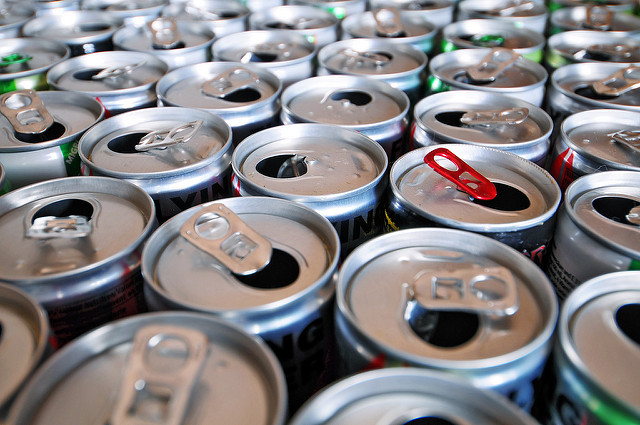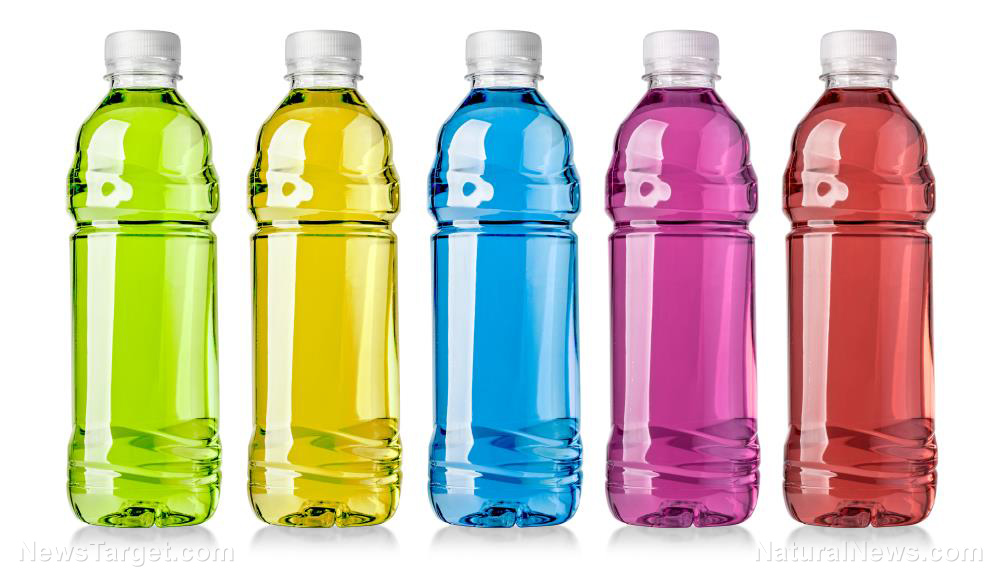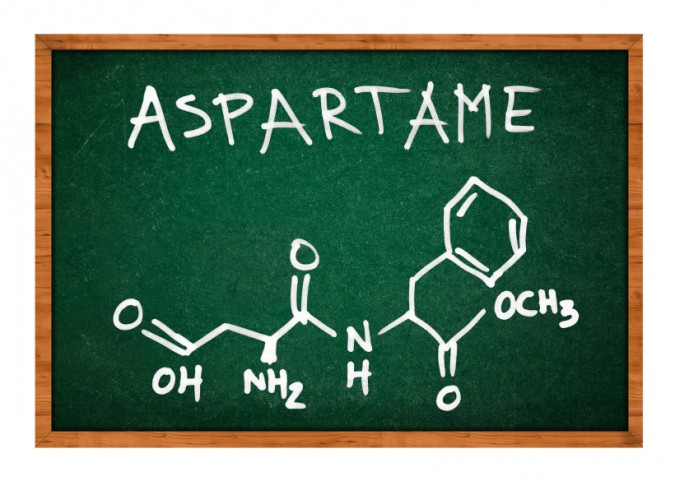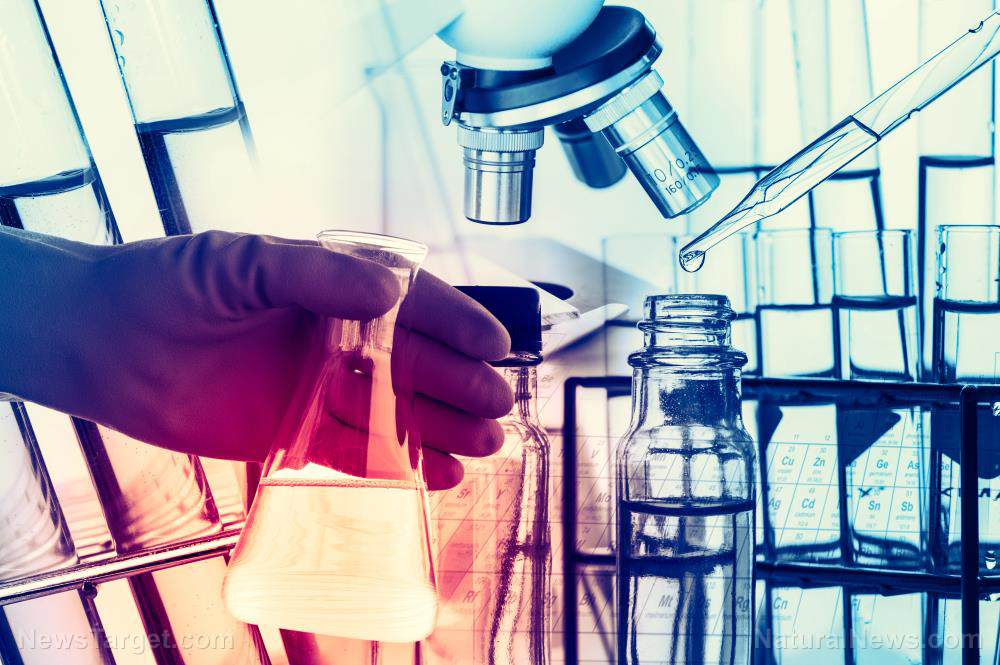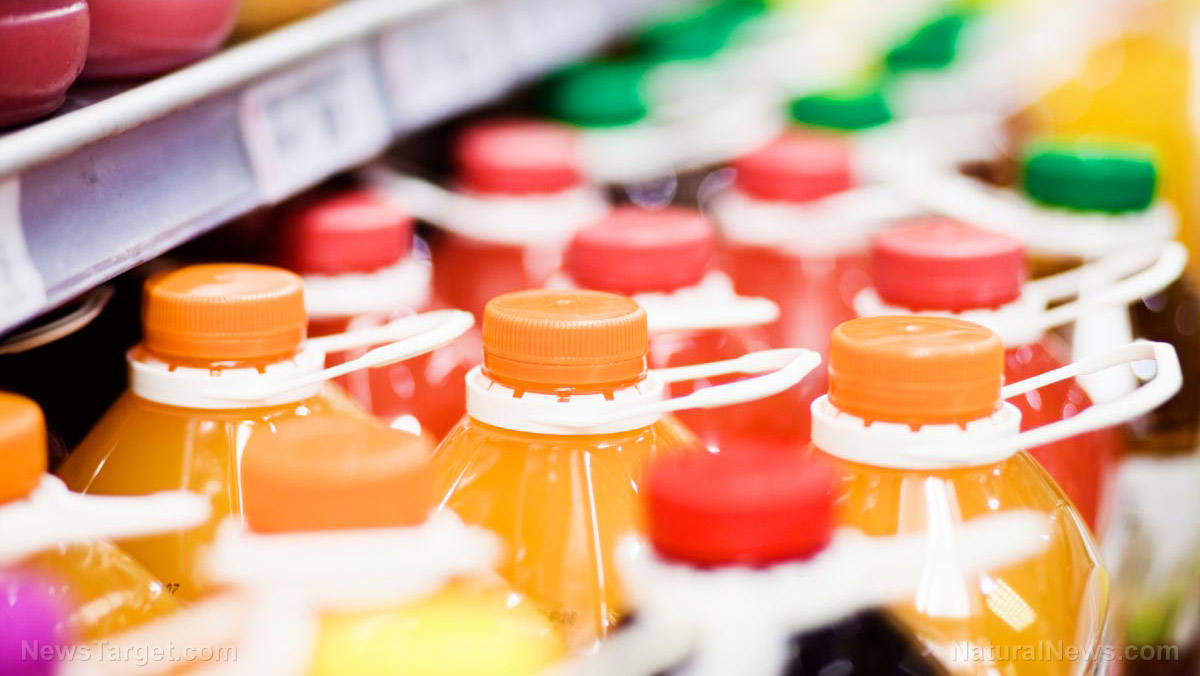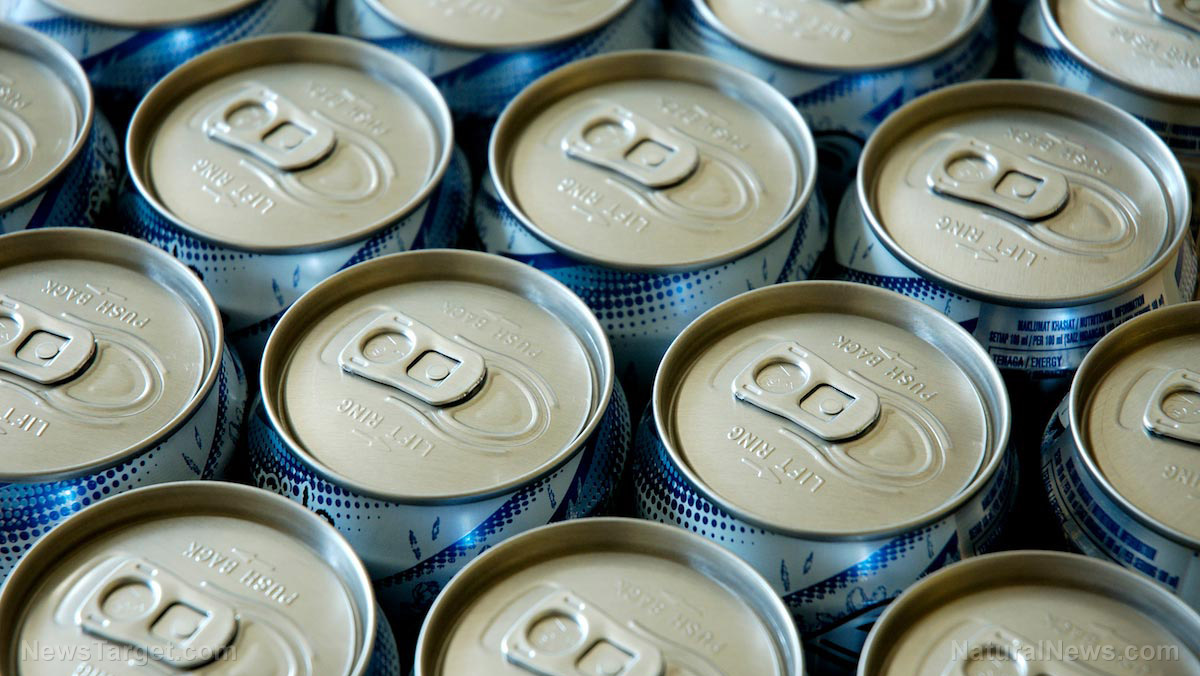6 Common artificial sweeteners found to be toxic to gut bacteria
12/19/2018 / By Michelle Simmons

If you think that you’re trying to be healthy by eating low-sugar foods or drinking diet soft drinks, think again. Artificial sweeteners commonly found in low-sugar foods and drinks can actually harm your gut microbial system. A study published in the journal Molecules revealed six artificial sweeteners that are toxic to gut bacteria: aspartame, sucralose, saccharin, neotame, advantame, and acesulfame potassium. These were approved by the U.S. Food and Drug Administration (FDA) yet many are unaware that they consume these artificial sweeteners.
Researchers from Ben-Gurion University of the Negev in Israel and Nanyang Technological University in Singapore examined the toxicity of the artificial sweeteners in a lab trial. To do this, they exposed all of the six sweeteners to bacteria that are commonly found in the gut. They modified these bacteria to contain fluorescent compounds for them to glow when they detect toxins.
The results showed that bacteria found in the digestive system became toxic after being exposed to small concentrations of the sweeteners. Moreover, it only took one milligram per milliliter (mg/ml) of the artificial sweeteners for the gut bacteria to become toxic.
With these findings, the researchers said that the study further proved that the consumption of artificial sweeteners negatively affects gut microbial activity, which can result in various health problems. Having a healthy gut relies on a healthy gut microbiome, and a healthy gut microbiome is important for good digestion, nutrient absorption, and immune system function.
Moreover, these chemicals are not only toxic to humans, but also to the environment. They have been identified as environmental pollutants and are increasingly being found in drinking and surface water.
“The results of this study might help in understanding the relative toxicity of artificial sweeteners and the potential of negative effects on the gut microbial community as well as the environment,” said Ariel Kushmaro, one of the researchers of the study.
Other side effects of artificial sweeteners on health
Consuming foods that contain artificial sweeteners can significantly increase the risk for various health problems. These include:
- Weight gain: Reducing sugar intake may help prevent weight gain, but attempting to reduce sugar intake by eating or drinking low-sugar foods and drinks isn’t going to help. Many studies have reported that drinking “diet” beverages caused weight gain and obesity in many people. It can also increase body fat percentage. (Related: Artificial sweeteners alter gut bacteria and cause metabolic dysfunction leading to obesity and diabetes.)
- Metabolic syndrome: A number of studies have shown that consumers of diet soft drinks were at a greater risk of metabolic syndrome, which is a cluster of conditions that occur together. These include increased blood pressure, an elevated blood sugar level, excess body fat around the waist, and abnormal cholesterol levels. People with metabolic syndrome are also at a greater risk of stroke, heart disease, and other diseases.
- Type 2 diabetes: A study reported that individuals who drink a lot of low-sugar beverages are twice more likely to develop Type 2 diabetes than those who do not consume these beverages. Another study showed that the risk for Type 2 diabetes was increased in people who consumed at least one diet drink or sugar-sweetened drink per day. An increased risk of Type 2 diabetes associated with drinking artificially-sweetened beverages was also seen even in people at a normal weight.
- Hypertension and cardiovascular disease: Women who drank more than two artificially-sweetened beverages per day or more than two sugar-sweetened beverages per day were at a greater risk for coronary heart disease than those who don’t drink these beverages, according to a study. Several studies have also shown that daily consumption of at least one artificially-sweetened drink increased the risk of hypertension and vascular events.
Read more news stories and studies on the negative effects of artificial sweeteners by going to Sweeteners.news.
Sources include:
Tagged Under: acesulfame potassium, advantame, Artificial, artificial sweeteners, aspartame, chemicals, gut bacteria, gut health, gut microbiome, low-sugar foods, neotame, saccharin, sucralose, sugar, sweeteners, toxic chemicals, toxic food, toxic ingredients, toxic sugars


